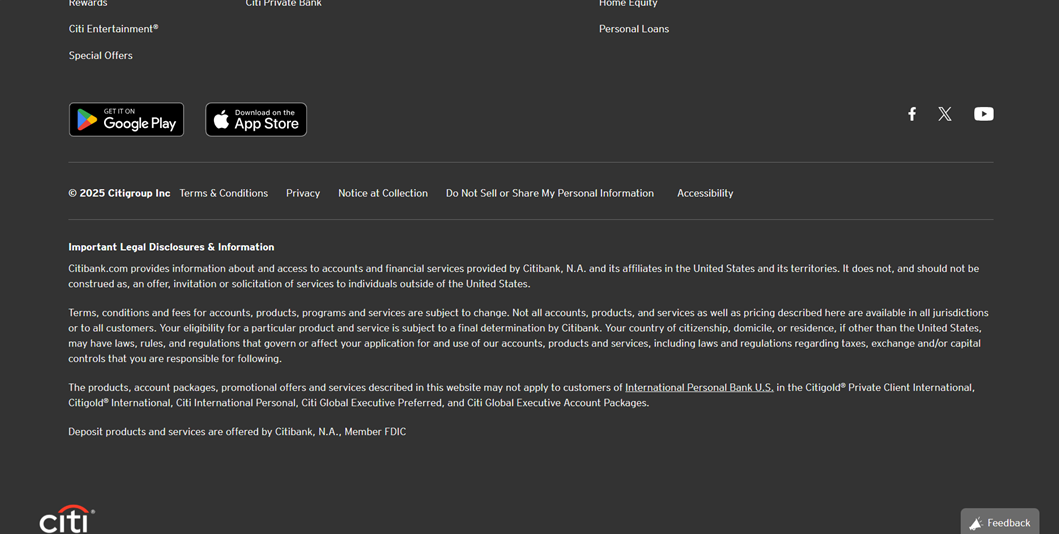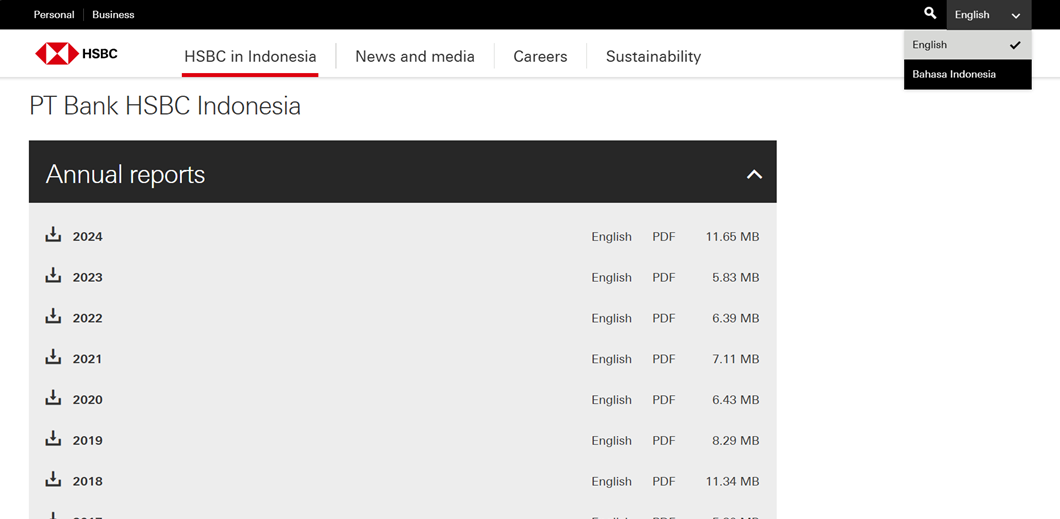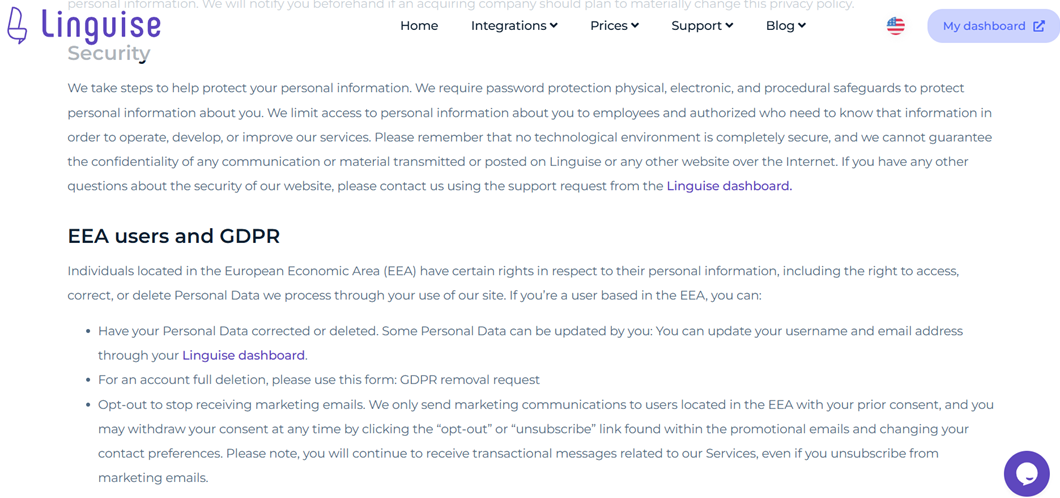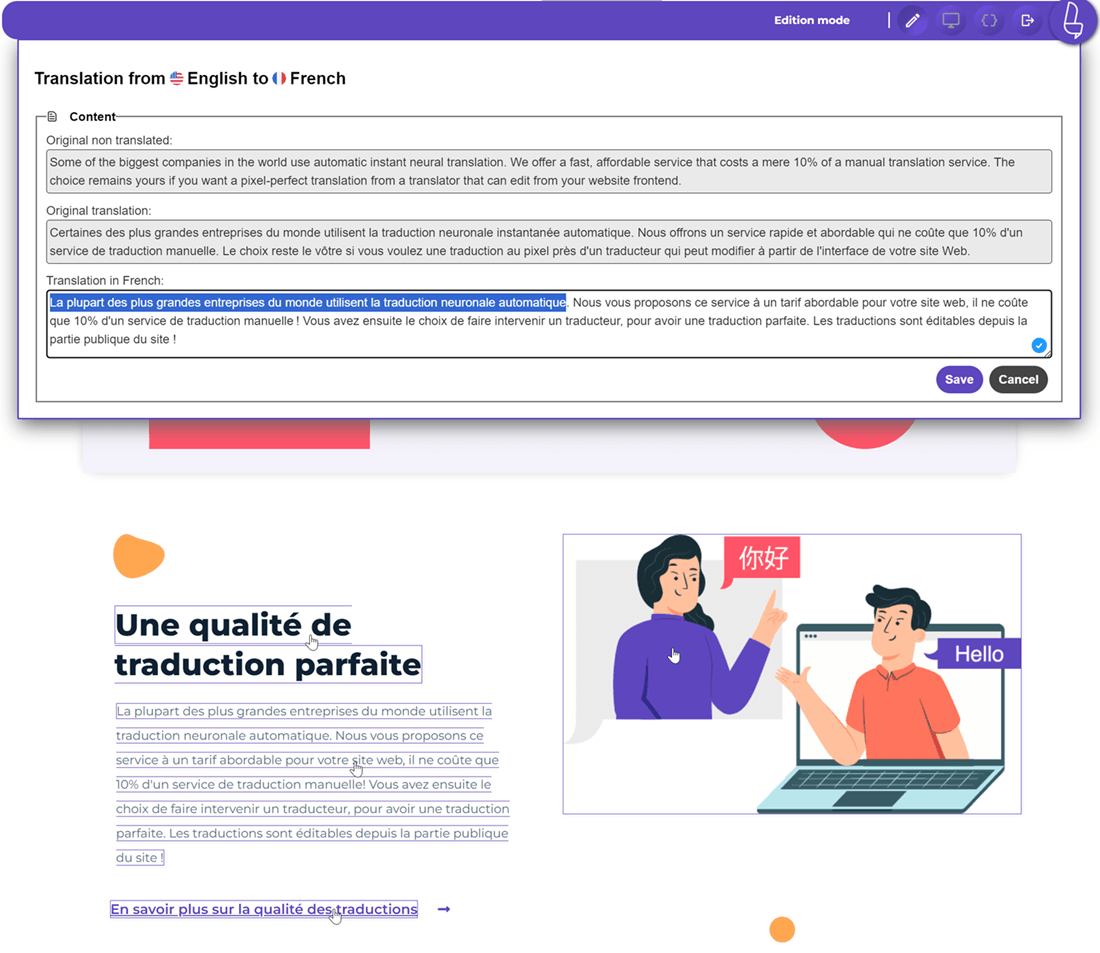Financial web translation is crucial in helping financial institutions communicate across markets while maintaining trust and credibility. In this sector, translation is about safeguarding highly sensitive information, such as customer data and transaction records. Any mistake or oversight in handling this data could lead to severe risks, from data breaches to legal liabilities, making security and compliance essential pillars in every translation process.
As financial companies expand globally, they face strict and diverse regulations that vary by region, from GDPR in Europe to FINRA in the United States. To understand these challenges and explore best practices, this article will guide you through the key aspects of security and compliance in financial website translation.
Why security and compliance matter in financial website translation?

In financial web translation, accuracy alone is not enough. The process involves handling confidential data, legal information, and sensitive client records. Here are why security and compliance matter in financial web translation.
- The risk of data leaks if security is not maintained: Financial websites store and process sensitive information, including customer identities and transaction records. If translation workflows lack proper encryption or secure access controls, this data could be exposed to hackers or unauthorized parties. A single data breach can cause long-term damage to both clients and the institution.
- Legal and reputational consequences for financial companies: Mishandling data during translation can trigger lawsuits, regulatory penalties, or investigations. Beyond legal issues, customers may lose trust in the company, leading to reputational harm that is often more difficult to recover from than financial loss. Trust, once broken, is very hard to rebuild in the financial industry.
- Different rules across countries that must be considered: Every region has its regulations, such as GDPR in Europe, FINRA in the United States, or data localization laws in Asia. A financial translation that ignores these legal requirements can result in non-compliance, fines, or even restrictions on operating in certain markets. This makes knowledge of international and local regulations essential in every translation project.
Keeping data safe during translation

Translating website content for financial services must be as secure as the final result, since data passes through multiple stages that can be vulnerable without proper safeguards. Strong protection at every step not only secures customers but also builds trust with regulators and stakeholders. In this section, we’ll explore how to keep data safe during financial translation.
Protecting customer and transaction data
Customer details and transaction records are the most valuable assets in the financial sector. During translation, these datasets may be exposed to external tools, servers, or even unauthorized individuals if no protection is implemented. Safeguarding this information ensures that personal and financial data remain confidential, minimizing the risk of identity theft or financial fraud.
Failure to protect customer data can lead to severe regulatory actions, especially under frameworks like GDPR that impose heavy fines for breaches. Beyond legal issues, customers expect financial institutions to treat their information with the utmost care. By prioritizing data protection in the translation process, companies reinforce trust and maintain strong client relationships.
Importance of encryption when sharing documents
Encryption plays a central role in preventing unauthorized access when financial documents are shared across platforms or with translation providers. By converting data into unreadable code, encryption ensures that even if files are intercepted, they remain inaccessible to malicious actors. This is especially important for documents that include account numbers, contracts, or internal financial reports.
Without encryption, files can be easily compromised during transfer, creating potential entry points for cyberattacks. Implementing end-to-end encryption not only meets compliance requirements but also demonstrates a company’s commitment to safeguarding information at every stage of the translation workflow.
Limiting access to authorized team members only
Not everyone involved in the translation process needs full access to sensitive financial documents. Restricting access to authorized personnel only reduces the risk of accidental leaks or intentional misuse. Role-based access control (RBAC) allows project managers to assign specific permissions, ensuring that translators, editors, and reviewers can only interact with the content they are responsible for.
If access is not properly limited, even a minor oversight could lead to widespread exposure of confidential data. In contrast, controlled access creates accountability within the team and strengthens overall security. For financial institutions, this approach not only protects sensitive information but also aligns with international standards for data handling and compliance.
Meeting cybersecurity needs in financial translation

Cybersecurity is one of the biggest challenges in financial web translation. Because sensitive documents and data are constantly being shared and stored online, the risk of cyberattacks cannot be ignored. To keep information safe, companies must adopt strong security measures that go beyond basic data protection.
Preventing phishing and malware attacks
Phishing and malware are common methods hackers use to steal financial data. In translation projects, attackers may send fake emails that look official or embed harmful software in files. If not carefully monitored, these threats can lead to unauthorized access and data theft.
By educating teams about phishing risks and using reliable antivirus systems, financial companies can reduce these dangers. A proactive approach not only protects sensitive documents but also keeps the entire translation workflow running smoothly without unexpected disruptions.
Using secure cloud storage
Cloud storage is widely used to store and share translation files, but not all platforms are equally safe. Choosing secure cloud providers with strong encryption and compliance certifications ensures that sensitive documents are protected from unauthorized access.
Secure cloud storage also makes collaboration easier, as authorized translators and reviewers can access files safely from anywhere. This balance between convenience and protection allows financial institutions to maintain both efficiency and security in their translation projects.
Keeping track of translation processes
Monitoring each stage of the translation process helps detect unusual activities that might indicate a security breach. With proper tracking, project managers can see who accessed the files, when changes were made, and how the data was handled.
This level of oversight builds accountability within the team and makes it easier to spot irregularities early. For financial companies, such transparency is essential to meet compliance requirements and to reassure clients that their data is being managed responsibly.
Having a recovery plan in case of incidents
Even with strong security, no system is completely immune to cyber threats. That’s why having a recovery plan is vital. A clear backup and recovery strategy ensures that data can be restored quickly if an incident occurs, minimizing downtime and financial impact.
Without a recovery plan, companies risk losing valuable data permanently or suffering extended service interruptions. By preparing for worst-case scenarios, financial institutions can maintain business continuity and protect their reputation even in the face of cyberattacks.
Navigating financial regulations

In financial web translation, regulations play a crucial role in shaping how data is handled, stored, and shared across borders. Understanding these regulations ensures that translations are not only precise but also legally sound.
Global standards
Global regulations such as GDPR, PSD2, and Basel III set the foundation for how financial institutions must operate when handling sensitive data. GDPR, for example, focuses on personal data protection in Europe, requiring strict controls over how client information is processed and stored. PSD2 enhances transparency in digital payments, while Basel III strengthens risk management in banking operations.
For financial translations, these standards mean that content must be adapted to reflect compliance requirements accurately. A poorly translated privacy policy or payment instruction could lead to non-compliance, exposing institutions to heavy fines and loss of customer confidence. Translators must therefore be familiar with these global frameworks to ensure legal consistency.
For example, BNG Bank includes a section on “Protection of personal data” in their Privacy Statement, complete with references to the GDPR and Dutch banking standards, demonstrating the importance of regulatory compliance in financial content.

Country-specific rules in each market
While global standards set a broad framework, each country adds its own specific rules. In the United States, organizations like the SEC and FINRA impose strict regulations on financial reporting and disclosures. In the European Union, directives shape how financial communication should be presented, while Asian markets often implement data localization laws that require data to be stored within the country.
For translators, this means every market comes with unique requirements that must be carefully followed. Ignoring local rules can result in blocked market entry, legal disputes, or reputational damage. Financial translations must therefore go beyond language, they must align with the regulatory environment of the target country.
For example, the official website of Citi, a global financial institution that provides banking, investment, credit, and financial management services, displays various legal links such as Privacy Policy and Terms & Conditions in the footer, confirming compliance with privacy and service regulations in every jurisdiction where they operate.

Industry standards and security certifications
Beyond government regulations, the financial sector also relies on industry standards such as ISO 27001 and SOC 2 to ensure information security. ISO 27001 outlines best practices for managing sensitive data, while SOC 2 focuses on controls for security, availability, and confidentiality in service organizations.
Adhering to these standards demonstrates that a company follows internationally recognized practices for protecting client data. For translation providers, compliance with these certifications reassures financial institutions that their workflows meet the highest security benchmarks. This creates stronger trust between clients and providers, which is vital in the financial industry.
Importance of accurate legal and financial terminology
Accuracy in the use of legal and financial terminology is just as important as compliance with regulations. A term that is mistranslated in a contract, annual report, or regulatory filing can lead to confusion, misinterpretation, or even legal disputes. For example, mistranslating the term “securities” can cause misunderstandings about financial products or services.
As an example, here is an excerpt from HSBC’s annual report presented in two languages (Indonesian and English), which demonstrates how the accuracy of legal and financial terms is key to maintaining consistency of information across languages.

By ensuring translations use the correct terminology, institutions can maintain clarity and avoid regulatory complications. Professional translators with expertise in finance and law are essential to achieving this level of accuracy. Attention to detail not only supports compliance but also protects the credibility of financial institutions.
Practical strategies for safe financial web translation

Ensuring both accuracy and security in financial translation requires more than just awareness of risks, it needs practical strategies that can be implemented in day-to-day workflows. From choosing the right tools to working with trusted providers, each step plays a vital role in protecting sensitive information while delivering high-quality translations.
Using translation platforms with strong security features
A secure translation platform is the first line of defense in protecting sensitive financial data. Platforms that offer end-to-end encryption, role-based access, and compliance with standards like ISO 27001 provide an extra layer of protection against cyber threats. These features ensure that data remains confidential during every stage of translation, from upload to delivery.
Using a platform without strong security exposes companies to risks of leaks or unauthorized access. By investing in secure solutions, financial institutions can maintain compliance and reassure clients that their data is handled with the highest level of care.
Working with platform that understand financial regulations
Translation providers who specialize in finance bring more than language skills, they also understand the regulatory environment that governs financial communication. This expertise is crucial when adapting content to comply with frameworks such as GDPR, FINRA, or PSD2. Providers with this knowledge can anticipate compliance challenges and ensure translations meet local and global requirements.
Choosing a provider unfamiliar with financial regulations increases the risk of errors that could lead to legal or monetary penalties. Working with experts ensures that translations not only read well but also align with strict industry standards, protecting both the company and its customers.
For example, Linguise translation website transparently affirms its commitment to security and regulatory compliance (GDPR), as seen in its official documentation.

Combining AI technology with human review
Artificial intelligence has made financial translation faster and more efficient, but relying on AI alone can be risky. Tools like Linguise offer powerful automation features, including a front-end live editor that allows real-time adjustments on translated web pages. However, to ensure compliance and accuracy, human review remains essential.
Professional translators can catch nuances, legal terms, and cultural contexts that AI might overlook. By combining AI efficiency with human expertise, institutions achieve a balance of speed, precision, and compliance, making the translation both secure and reliable.
Regular monitoring and compliance checks
Translation security requires continuous monitoring and audits. Regular compliance checks help ensure that workflows remain aligned with changing regulations and evolving cybersecurity threats. Monitoring also provides visibility into who accessed data, how it was processed, and whether security policies were followed.
Without regular oversight, even the best security measures can become outdated. By conducting ongoing checks, financial institutions maintain strong defenses, adapt to regulatory updates, and demonstrate accountability to both clients and regulators.
Conclusion
Safe financial web translation requires a balance between precision, security, and compliance. In the financial sector, even the smallest mistake in translation can lead to regulatory breaches, economic risks, or reputational damage. That is why every step in the process must be handled with accuracy and strong protection measures.
To ensure secure, compliant, and high-quality translations, financial institutions should adopt the right tools and strategies, including AI-powered solutions combined with human expertise. With platforms like Linguise, which offer automation, a front-end live editor, and seamless human review, businesses can achieve both efficiency and accuracy. Start implementing these solutions and try Linguise to make your financial web translation safer and more reliable.





